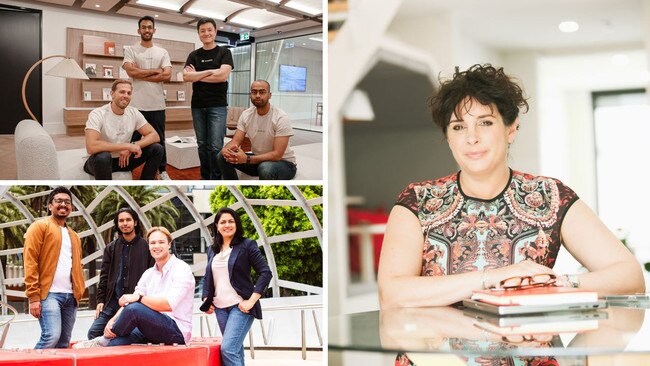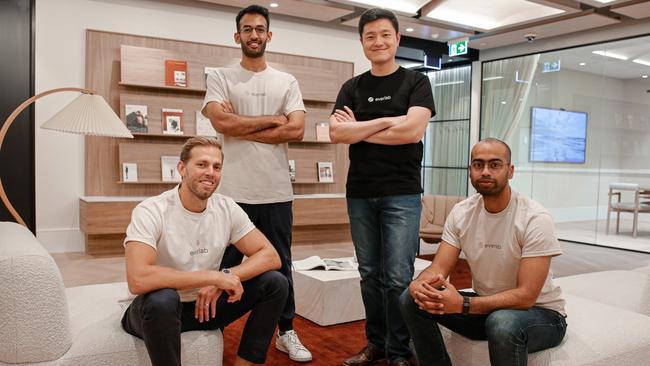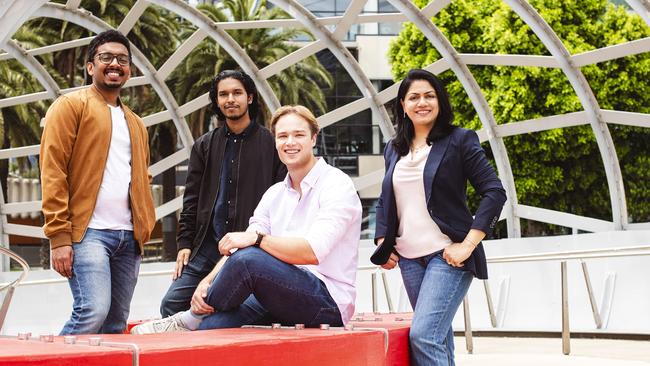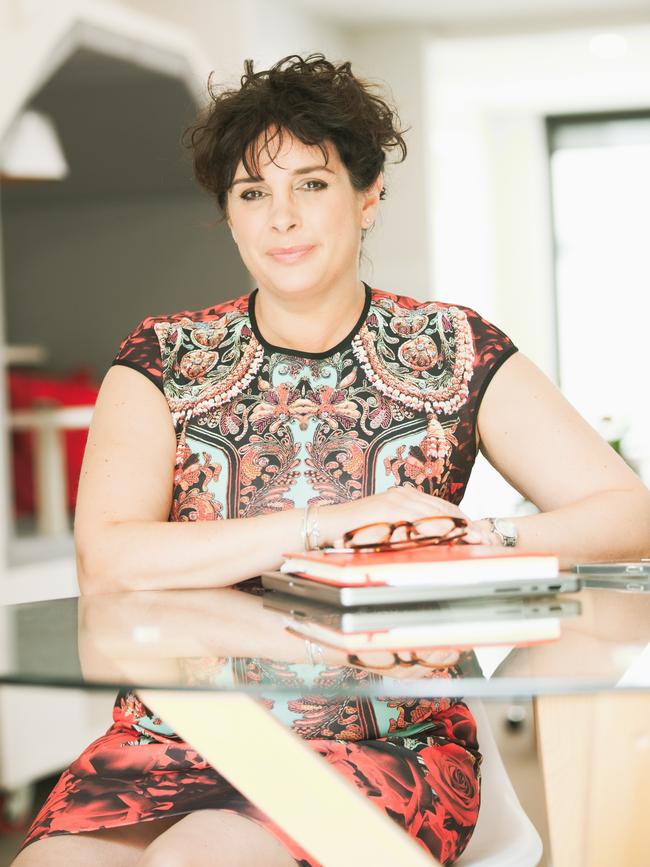Celebrity-level healthcare at a fraction of the cost a $3m idea for Everlab
These three start-ups have raised over $7m in a week from investors keen on their tech for preventive healthcare, retail revolution and helping telcos nab customers from each other.

A boutique healthcare start-up which specialises in the relatively niche area of longevity has received a $3m shot in the arm to broaden its products to the general public.
A boutique healthcare start-up which specialises in the relatively niche area of longevity has received a $3m shot in the arm to broaden its products to the general public.
Everlab – the creation of a doctor, a former Airwallex staffer and nutrition entrepreneur – currently charges up to $15,000 for its services. But after having closed a $3m pre-seed capital raise this week, it plans to slash its fees and catapult itself into the mainstream.
The company dominated this week’s tech capital raisings – which included a retail software start-up that a former Crocs staffer founded, and a firm harnessing AI to help telcos win new customers – tapping investors for a collective $7m.
Leading Everlab’s raise was European VC fund b2venture, with participation from Ten13, AfterWork and Flying Fox.
Sam Kothari, an Everlab co-founder, said the start-up runs somewhat of a bespoke health service in which members paid to go through rigorous testing and receive health advice and recommendations from doctors, dietitians and nutritionists – not for immediate health concerns but rather those they were at risk of developing.

That service currently exists for between $3000 to $15,000 and has a healthy waitlist, Mr Kothari said. But next year the start-up would launch a product for about $1000 which was aimed at getting more of the general public on board.
The idea was formed about this time last year after Mr Kothari visited fellow co-founder and Everlab chief medical officer Dr Steven Lu’s boutique health practice in Melbourne’s Hawthorn.
The pair became friends and chatted about what they saw as a major opportunity to offer a preventive healthcare service. By June this year they had Everlab up and running with its first customers.
“The goal is to build the first operating system for human health. And the money is going toward building a suite of tools and protocols that to date have been reserved only for the ultra wealthy,” he said.
“If you think of very wealthy celebrities, they have personal doctors and programs and protocols to keep their health in tip top shape. That hasn’t been accessible for the broader population and our mission really is to create the same level of personalisation and data-driven health care, but do that at scale and at a fraction of the cost.”
During initial testing Everlab measures a person’s ability to squat, their mobility, their stability, flexibility, energy levels and cardiac fitness. Those results are then used to determine their fitness levels in several years’ time considering how they might age and how their strength might change.
“A lot of our members don’t have deficiencies that impact them day to day but our job is to actually forecast and look into the future,” Mr Kothari said.
AfterWork Ventures partner Adrian Petersen, who was Everlab’s first Sydney customer, said he believed there was a real shift in how people were approaching their health.
“People’s paradigm is shifting from reactive to proactive, and Everlab is here to usher in a data-driven and personalised approach to preventative health and longevity,” he said.
“We built conviction on the investment over many months – I was their first customer based in Sydney. Going through the Everlab protocol and personalised consultations with Dr Stephen reaffirmed how medical insights from diagnostics can direct and augment existing efforts to be healthy.”
Andisor, Melbourne, $1m pre-seed round

A Melbourne-based start-up, founded by a former Crocs staffer who was head of sales in India and was posted to Australia to help scale the shoe and clothing brand, has also raised a $1m pre-seed round.
Andisor was founded by Vandana Chaudhry, with the goal of revolutionising retail at a wholesale level.
Ms Chaudhry said her start-up could take what can often be a two to three-month process of onboarding new stock and have it ready with fresh data within a day.
The start-up is run by a four-person team in a Melbourne WeWork in the CBD who often bond over a burger.
Andisor’s solution is one which solves a problem which “had been annoying me since 2014”, Ms Chaudhry said. “If someone had offered me this solution (back then), I’d have killed for it.”
Andisor acts as a middleman between the business and the brand, and provides onboarding and data-led insights based on real stock numbers to avoid wasting time.
“To buy something, it typically takes 14 weeks to get that product onboarded, and we can save a business those 14 weeks and we can actually reduce it to a day,” she said.
Ms Chaudhry said while a lot of innovation had come about in the business to consumer market, there was little progress in a business to business sense.
“Meaningfully, a lot of these relationships are still run on excel files and emails, and that means both the brand and the buyer are spending an inordinate amount of time co-ordinating and processing admin for data and for business decisions,” she said.
“Technically this can be done very quickly and that saves them time to be more strategic about the business and invest that time back into their own lives and into building better relationships.”
Andisor works with about 120 brands and 600 retailers and would use the funding to expand its team and fine tune its product as it seeks to land more customers.
SourseAI, Sydney, $3m series A
Over in the telecommunications sector, start-up SourseAI has closed $3m in a series A round led by Centerstone Capital.
The start-up, led by chief executive Tanya Hyams-Young, uses data to help telcos acquire new customers based on their service history.

Ms Hyams-Young said that SourseAI could identify who a “good customer” was for most telcos which then allowed that business to focus efforts on acquiring the person’s services and keeping them for life.
“A good customer for many brands is not necessarily the one that’s easier to get; it’s a customer that has a long lifetime value, that has upsell potential and has a low likelihood of churn,” she said.
Most telcos were unable to make use of their data and spent too much time trying to build their own AI-led products instead of outsourcing, she said.
“A lot of telcos are overwhelmed. They know they need to focus on the consumer and they are sitting on mountains of data they could use to make decisions, but many don’t know how to best make sense of it,” she said.
“They also know they need to use AI, but they struggle with where to start. Many make the costly and time-consuming mistake of trying to build their own AI team in house – which can take years to bear fruit.”
SourseAI, she said, was able to “filter and analyse data” and then model decisions based on how the telco would perform, which allowed telcos to test how different strategies might help land new customers.
That service could be done in fewer than 90 days, she said.







To join the conversation, please log in. Don't have an account? Register
Join the conversation, you are commenting as Logout